The cumulative financing is as high as US$85 million. What card should Blackbird, a Web3 project targeting the catering industry, play?

Reprinted from panewslab
04/11/2025·19D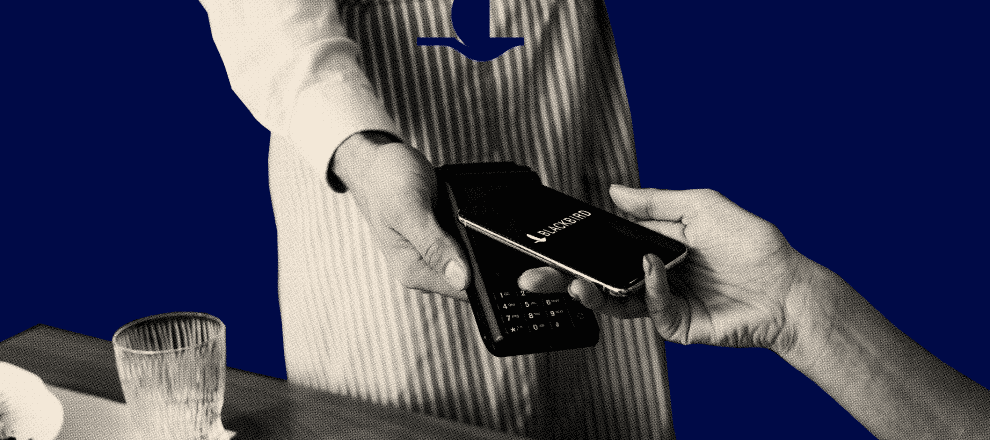
Author: Zen, PANews
Recently, Web3 restaurant loyalty and payment platform Blackbird announced that it has successfully raised $50 million in its Series B financing. Against the backdrop of a long-term downturn in the primary market, this high financing undoubtedly demonstrates the crypto industry's expectations for large-scale implementation of consumer-grade applications, and also reflects the confidence of many top crypto investment institutions in the project's prospects.
In the traditional catering market, high intermediary commissions and various service charges have become unbearable burdens for many small and medium-sized restaurants. This dilemma has prompted the industry to find new solutions. At the same time, the cryptocurrency field urgently needs truly C-end products and implementable use cases. The two areas facing challenges seem to have the opportunity to complement each other's shortcomings through deep integration.
So, what exactly is Blackbird based on blockchain and cryptocurrency technology doing, and what is its potential?
Received US$85 million in financing, targeting the huge consumer market
in the catering industry
Web3 restaurant loyalty and payment platform Blackbird is initiated by Ben Leventhal and is positioned as a loyalty and payment solution in the catering industry. Leventhal has more than 20 years of experience in the food and technology industry. As early as 2005, he co-founded the food information website Eater, which initially focused on New York City's catering and nightlife scenarios, and was later acquired by digital media company Vox Media in 2013. In 2014, Leventhal also founded Resy, a restaurant online booking platform, which was acquired by American Express in 2019.
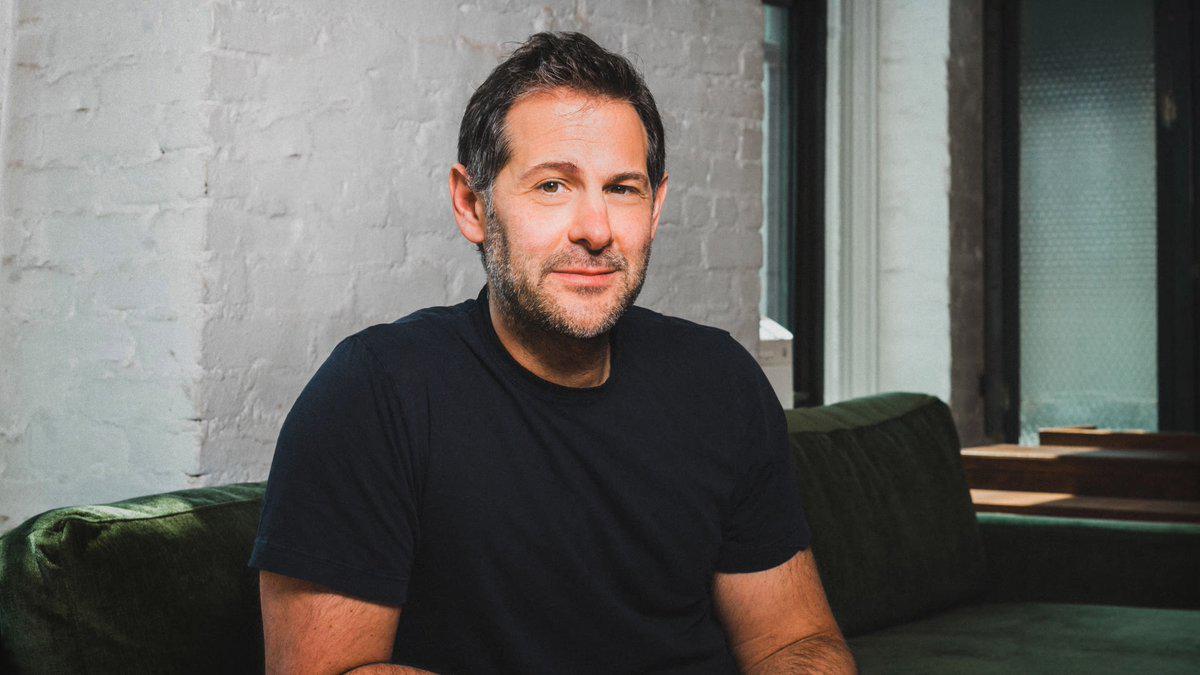 Blackbird founder
Ben Leventhal
Blackbird founder
Ben Leventhal
After years of deep cultivation in the catering industry, Leventhal has gradually realized the limitations of traditional loyalty and booking systems. Although they can bring short-term traffic, they cannot truly establish a long-term relationship between restaurants and diners. Leventhal believes that in order for the catering industry to achieve this goal and achieve economic sustainable development, it is necessary to ensure that restaurants can retain more commercial value and build an ecosystem of rewards and loyalty. This is where Blackbird was born and the problems the platform wants to solve.
Food is the most important thing for people. The trillion-dollar catering economy is the most basic and largest consumer field, and it is also an ideal "test field" for the cryptocurrency industry to achieve large-scale adoption. Therefore, Blackbird, which aims to make breakthroughs from the consumer application side and is based on blockchain and cryptocurrency technology, is also highly anticipated and favored by crypto venture capitalists. According to public information, since its establishment in 2022, Blackbird has received a total of approximately US$85 million in financing:
- In October 2022, Blackbird announced the completion of a $11 million seed round of financing , led by Union Square Ventures, Shine Capital and Multicoin Capital;
- In October 2023, Blackbird announced the completion of a US$24 million Series A financing , led by a16z Crypto, and QED, Union Square Ventures, Shine, Variant and several catering groups participated;
- In April 2025, Blackbird announced the completion of a US$50 million Series B financing , led by Spark Capital, and participated in the investment. Leventhal said that the funds were raised in the fourth quarter of 2024, and refused to disclose the implicit valuation of the round of financing.
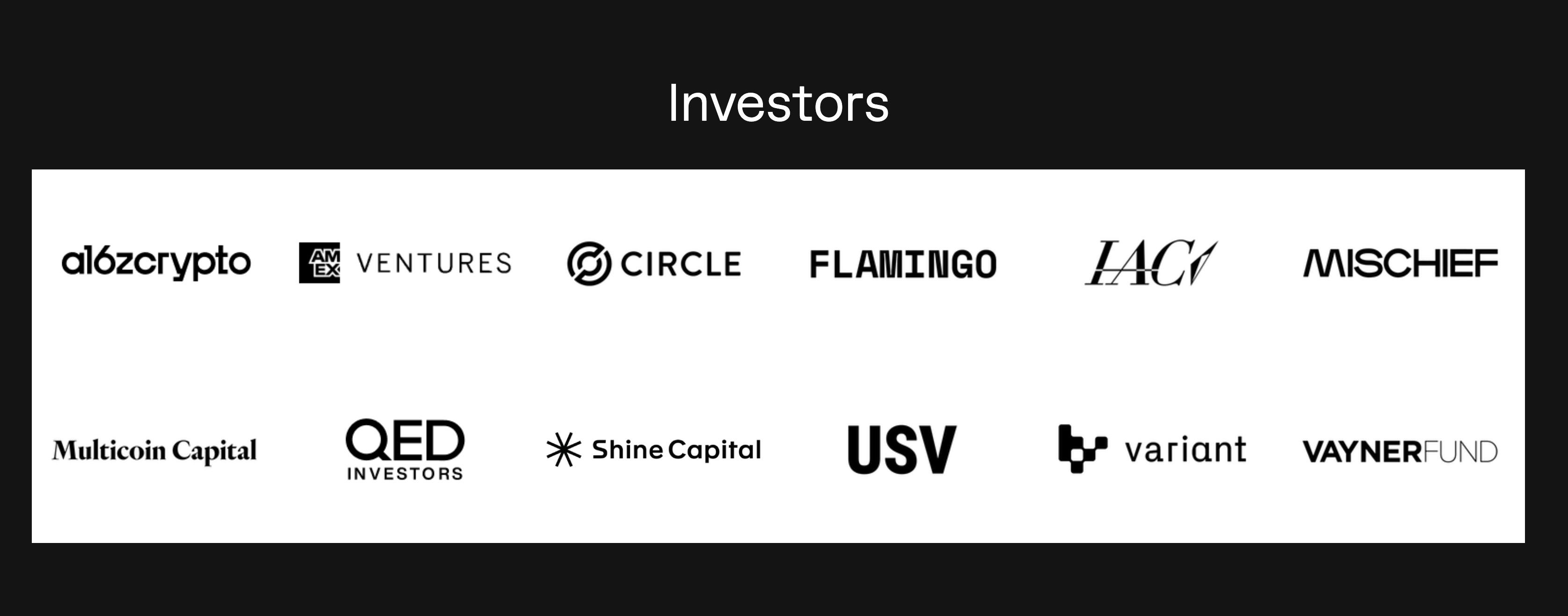 Blackbird investor
lineup
Blackbird investor
lineup
Arianna Simpson, general partner of a16z, believes that the catering industry is composed of millions of local small business owners around the world, and these restaurants are completely subject to technology platforms, which can draw a large commission from restaurant profits, and this proportion is often growing. And this is where blockchain can play a role, that is, improve the profit structure. "Ben Leventhal's vision is to build a network owned by restaurants and diners themselves, which can only be achieved by blockchain," she said.
De-age agency, low cost, tailor-made Flynet main network for the catering
industry
One of Blackbird's main goals is to eliminate unnecessary intermediaries, including payment processors and other service providers between restaurants and customers. Leventhal estimates that on average, 3% to 5% of restaurant revenues are lost to third parties, but these third parties do not create enough value. So by building a blockchain-based platform, Blackbird attempts to create a more direct connection between restaurants and customers, reducing costs and improving the overall dining experience.
On February 27, 2025, Blackbird announced the official launch of the Flynet main network. Flynet is built on the Base chain under Coinbase. It aims to fully move restaurant payment and membership reward systems to the blockchain, realizing a new model of "de-mediated" and "low-cost" payment and incentives.
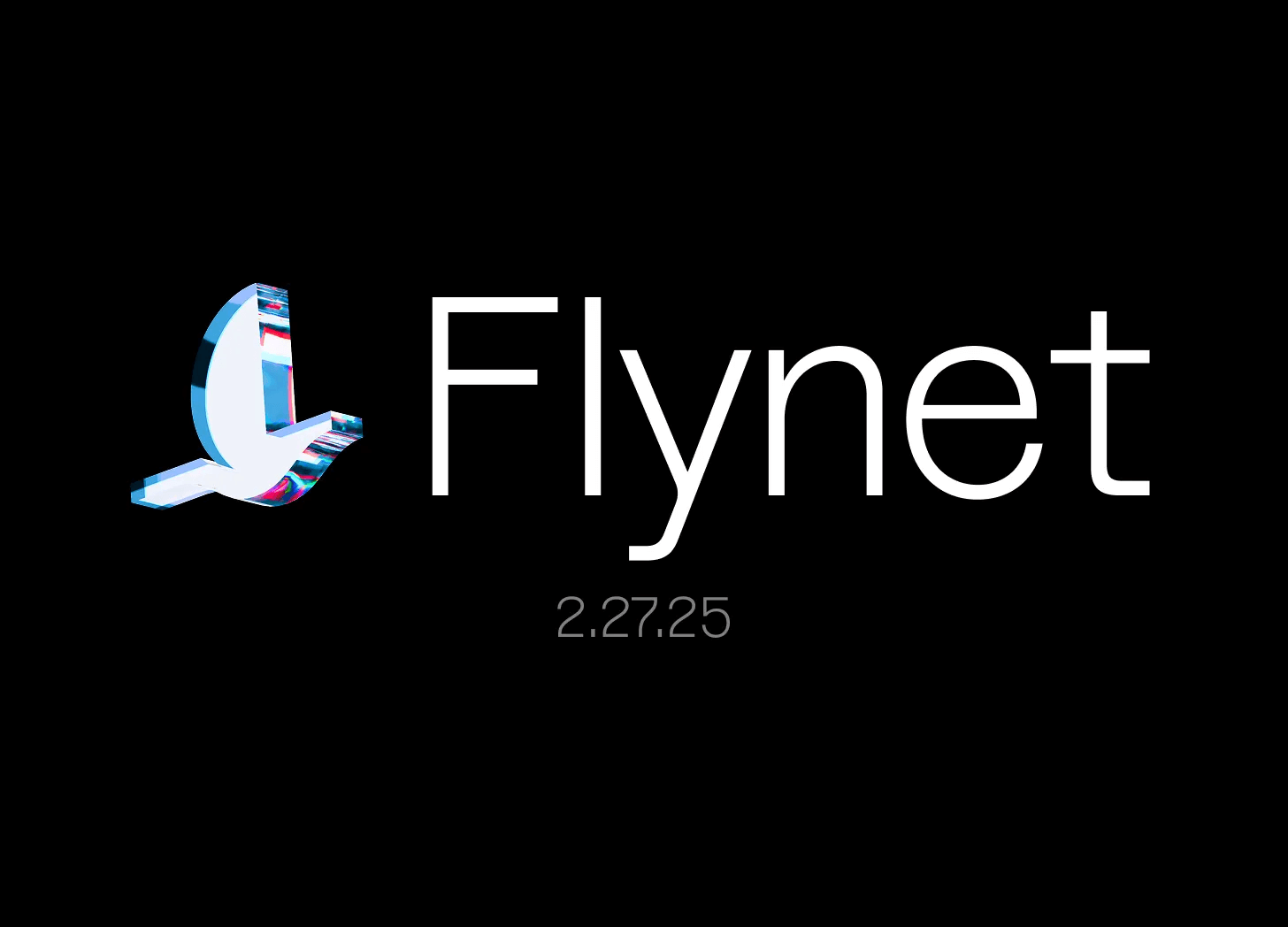
Flynet is a trading network built by Blackbird for the catering industry. Based on its development, Blackbird will build an ecosystem of rewards and loyalty to optimize the connection between restaurants, restaurant customers and restaurant employees in the catering industry, and record activities that occur between any two. According to an article by Ben Leventhal, Flynet will have four core advantages:
- Reduce intermediate costs: Traditional credit card handling fees are as high as more than 3.75%, Flynet adopts a 2% fixed fee rate and returns 1.5% of the revenue to the restaurant immediately for customer acquisition and retention;
- Return to data autonomy: both restaurants and consumers can master and share consumption data on demand, helping restaurants gain insight into customer preferences and improve marketing efficiency;
- Seamless modern experience: combined with the Blackbird App, customers do not need to bring physical cards or wait for bills, scan the code or pay with one click to complete the settlement, truly realizing the link-to-chain checkout in seconds;
- Unlock the new loyalty economy: Flynet supports a tokenized points system across restaurants. Restaurants can customize reward plans based on on-chain behavior and inspire high-frequency users through exclusive experiences (such as hidden menus, celebrity chef interactions).
As a decentralized network, by design, it will eventually be controlled by its network user, the holder of the Flynet native token $F2. $F2 is a native token of Flynet mainnet, used to pay on-chain Gas fees and bear governance rights. The team plans to airdrop 13% of the token supply to early users and restaurants, and the remaining 87% are allocated to internal personnel, vaults and subsequent growth stage participants. The previously designed $FLY token is still used as a loyalty point in the Blackbird app and can be used to deduct meal fees and exchange platform rights.
In addition, when Flynet was launched, Blackbird also launched a developer portal, inviting ecological partners and developers to build more application scenarios based on the network, including data visualization, data market, consumer market tools, third-party access and marketing tools, etc.
Blackbird Club: A hierarchical loyalty program that is different from the
points mode
While announcing the $50 million Series B financing , Blackbird also announced the launch of the Blackbird Club, a tiered loyalty program designed to give back to the most loyal users, aiming to replace simple points redemption with surprises and exclusive experiences. Members will receive generous benefits, including booking guarantees, exclusive event pre-sales, as well as secret benefits such as hidden menu tastings and special sessions for friends and family.
“We built the club to create top-notch restaurants and quality guests,” Blackbird said. The first restaurants involved include Gjelina, La Tête d'Or and Barbuto in New York; SPQR, Frances and Octavia in San Francisco; and Leon's, Melfi's and Renzo in Charleston.
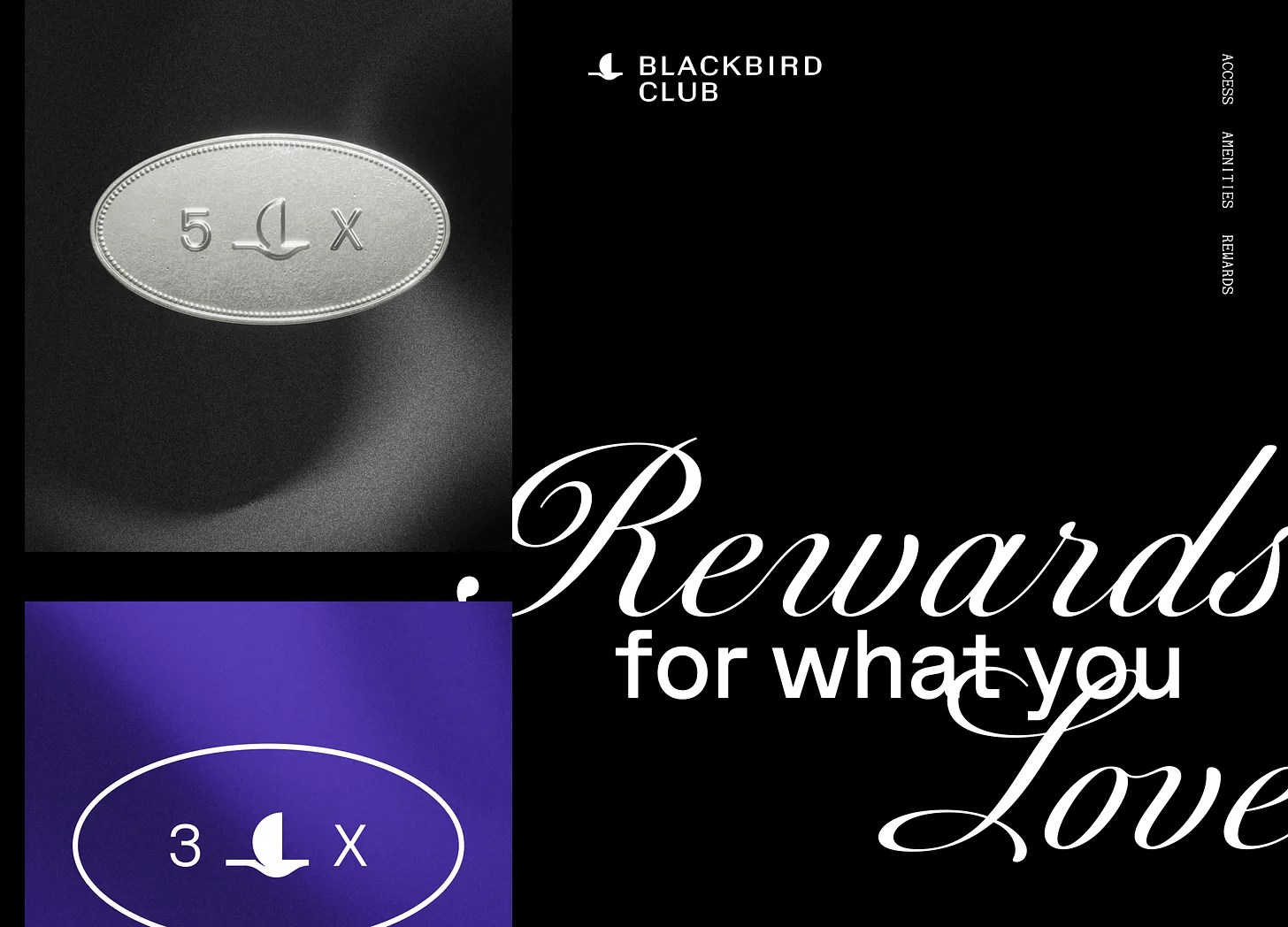
The traditional catering membership system is usually the "card-swipe points" and "consumption rebate" model. The more users consume, the more points they accumulate, and can be used to redeem catering coupons, discounts, etc. This model is called Transactional loyalty. The core of this model is "give rewards as much as you spend", and is essentially a reward for "money" rather than "relationship".
The Blackbird Club launched the concept of Experiential recognition, which believes that truly making customers feel "popular" and "special". This does not depend on the points themselves, but whether they can participate in the restaurant culture and feel emotional connection and identity recognition. The Blackbird Club program achieves this transformation through three major equity pillars: rewards, channels and convenience, as well as two member levels, Blackbird Club 3X and Blackbird Club 5X - considering consumption quotas, but also paying attention to the frequency of users' attendance and community contribution. It will focus more on whether you are part of the restaurant culture than just the thickness of your wallet.
The essence of Blackbird is that it transforms loyalty from a tool to a cultural bond, combining Web3 technology with emotional dining experiences, turning the "eating" into humane, respectful, and community again. Blackbird also proposed to launch a version for practitioners in the future to inspire neglected groups from the perspective of the traditional "loyalty system" and provide exclusive rewards and recognition to chefs, waiters, and restaurant managers. Blackbird stressed: "People who entertain guests with care should also be treated well."
Web3 loyalty program has great potential but is it difficult to
implement?
User loyalty has always been one of the most concerned topics that major brands are competing for consumers. Especially in the catering industry, when taste and quality control are difficult to constitute significant differences, merchants often create novel and pleasant consumer experiences through model innovation and marketing strategies, thereby establishing a deeper emotional connection with consumers.
Taking Luckin Coffee as an example, its "user is a member" operation model subverts the traditional points system, lowers the threshold for participation, and greatly improves the user reach rate. By regularly pushing limited-time discounts and guiding friends to share rewards, users' repurchase rate has also been effectively improved. In addition, joint cooperation among brands has also become a powerful means to enhance user freshness and brand exposure. The cross-border collaboration between Luckin and Moutai and "Cat and Mouse" has sparked heated discussions and has become a phenomenon-level event; and the recent collaboration between McDonald's and "Minecraft" has also become a very popular on social media because of its creativity and interactivity.
By contrast, user loyalty programs in the Web3 world seem to have not found a truly viable path. Starbucks Odyssey, the Starbucks Odyssey, who was once highly anticipated, finally announced its termination in March 2024. The project’s failure reflects a complex process of participation, a vague value proposition, and a significant decline in mainstream users’ interest and awareness of digital collections after the NFT boom receded. This also shows that simply giving users the right to "own" NFT is far from enough to establish a truly sticky loyalty system.
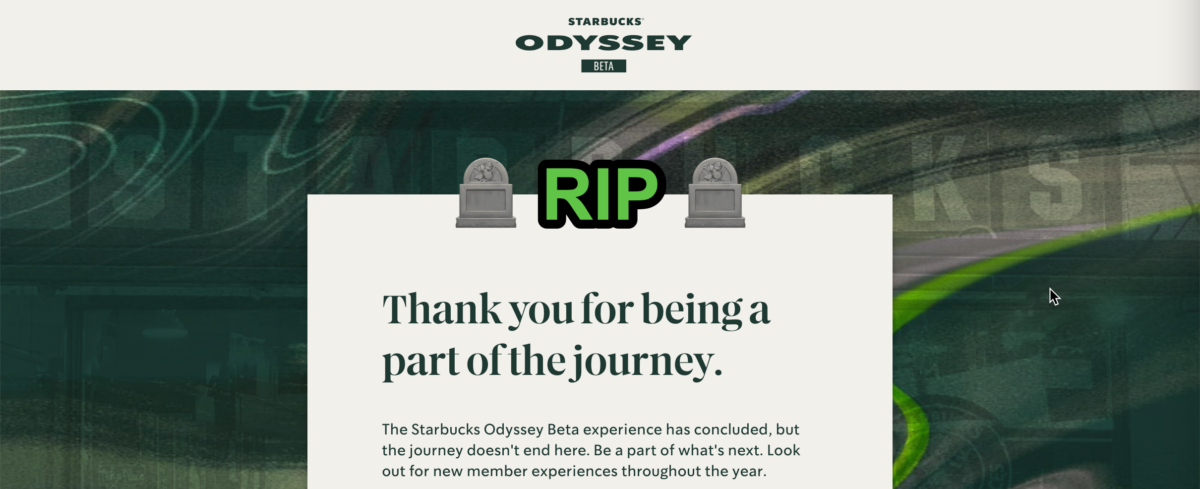 "Remembering"
Starbucks Odyssey
"Remembering"
Starbucks Odyssey
In this regard, Jesse Walden, founder and managing partner of Variant, proposed that a truly sustainable loyalty ecosystem should be based on a decentralized transaction network, based on a decentralized transaction network, and to achieve incentives and governance through native tokens, thus forming network effects and long-term stickiness. In contrast, Odyssey only issues NFTs in one-way, lacks on-chain interaction and token mechanisms, making it difficult to stimulate users' enthusiasm for continuous participation and community co-construction.
Of course, for Blackbird, which is still in its infancy, it will still face real challenges such as regulatory uncertainty, market volatility, and the potential erosion of the core value of the project by currency price fluctuations and speculative behavior in the future. Moreover, in the context of the traditional loyalty operation model becoming more mature and the competition is becoming increasingly fierce, it is still unknown whether Blackbird can truly have long-term competitiveness. Even more worth thinking about is that there is widespread controversy over whether blockchain technology is really an indispensable underlying facility for such systems.
As Blackbird founder Ben Leventhal admitted: "I don't think it has to be built on blockchain." He said that Visa's network also follows similar principles to Flynet and does not apply blockchain.
“We do believe that over time, some things will become important opportunities that will be based on on-chain.” Leventhal added that these opportunities include how Blackbird and restaurants preserve customer profiles and activities, and are also related to their future vision—that is, every restaurant customer will eventually become Blackbird’s “shareholders”.


 jinse
jinse